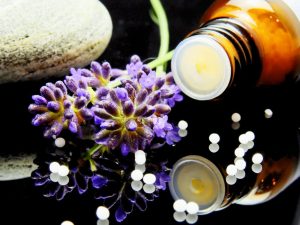 Using lavender essential oil in a diffuser, or sprinkling a couple of drops on a piece of tissue and tucking it inside your pillow can help you follow asleep faster.
Using lavender essential oil in a diffuser, or sprinkling a couple of drops on a piece of tissue and tucking it inside your pillow can help you follow asleep faster.
The science: Lavender has been shown to have sleep benefits. Sniffing lavender essential oil before bed has been shown to increase quality of sleep, reduce anxiety, promote deep sleep (Karadag et al., 2015; Cho et al., 2013; Goel et al., 2005). It has also been shown to decrease the time taken to fall asleep and increase self-satisfaction with sleep (Lee & Lee, 2006).

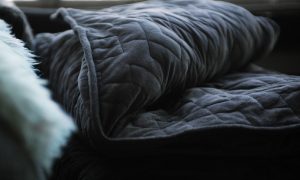 Sleeping with a
Sleeping with a  If you have trouble sleeping, taking a 1 to 3 milligrams of a
If you have trouble sleeping, taking a 1 to 3 milligrams of a  Put electronic devices away 2 hours before bed or wear
Put electronic devices away 2 hours before bed or wear 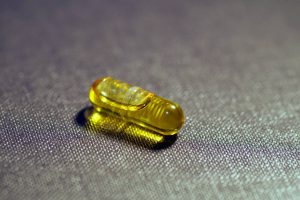 Low levels of vitamin D has been linked to poor sleep quality. You can absorb vitamin D through sunlight or through your diet. If you’re not able to regularly get vitamin D, consider taking
Low levels of vitamin D has been linked to poor sleep quality. You can absorb vitamin D through sunlight or through your diet. If you’re not able to regularly get vitamin D, consider taking 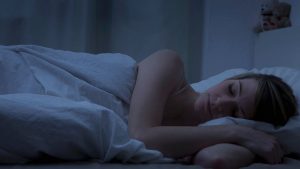 Even the smallest amount of visible light can interfere with your sleep. You can help block out all light either by using
Even the smallest amount of visible light can interfere with your sleep. You can help block out all light either by using  White noise helps you fall asleep by masking background noise that would otherwise prevent you from sleeping. For this reason, a
White noise helps you fall asleep by masking background noise that would otherwise prevent you from sleeping. For this reason, a  Sunlight during the day, especially in the morning, helps regulate your body’s sleep cycle. If your circumstances prevent you from getting sunlight, consider an at-home
Sunlight during the day, especially in the morning, helps regulate your body’s sleep cycle. If your circumstances prevent you from getting sunlight, consider an at-home 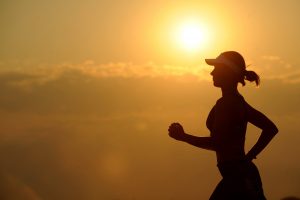 An
An 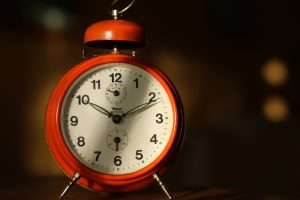 Going to bed and waking up at the same time every day- yes, even on the weekends – can have a positive impact on your sleep. It will make it easier for you to fall asleep and more deeply.
Going to bed and waking up at the same time every day- yes, even on the weekends – can have a positive impact on your sleep. It will make it easier for you to fall asleep and more deeply.